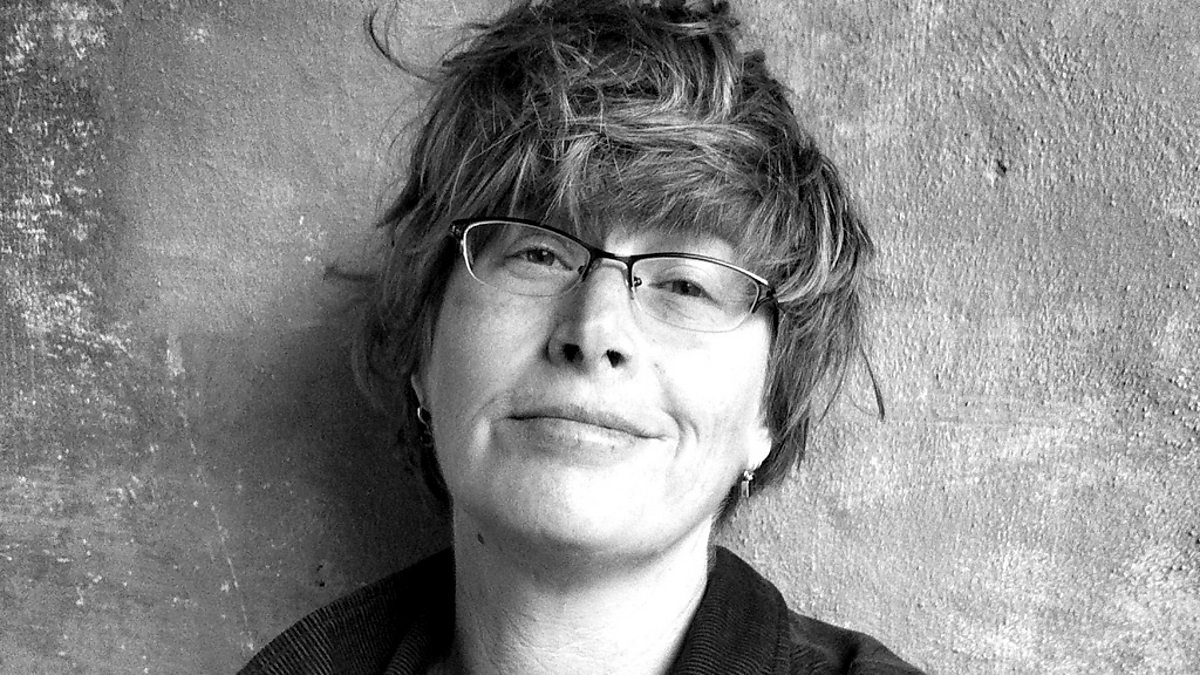Delmark Records seem to be a label where there is a lot of interesting music going on and I have recently been playing guitarist Jeff Parker's "Bright light in winter" which was issued by this company. Parker has featured on a number of records by the likes of Fred Anderson and Nicole Mitchell that I have enjoyed to date but this trio under his own name asks an interesting question about how the listening perceives jazz. The liner notes refer to a masterclass Parker gave where he rejected the notion of a jazz soloist performing an "arc" whereby the solo reaches an emotional high point. Parker states that he is more interested in establishing a line and how ideas connect or even clash.
Reading this is a bit too philosophical for my interest but the music is intriguing. I love Parker's mixture of Jim Hall meets Derek Bailey and in a jazz context the ideas can work exceptionally well. The best tracks on this record are introspective but totally within a jazz tradition and a million miles away from anything ECM might issue. That said, I don't think I've ever heard a soloist so consciensciously discard the notion of building up to a climax and there are tracks like "Istvan" where nothing whatsoever is happening - the guitar gently strumming chords over a gentle bass and drums groove. Jeff Parker is like the antithesis of John McLaughlin. When the music works well, the results are compelling although I think he has been more original on the Anderson and Mitchell records where I would suggest he is radically re-thinking the instrument. The best tracks on "Bright light" are in Jazzrook territory.
Jeff Parker's approach made me think about whether you could class the likes of Lee Konitz in this still. I love both musician's work but perhaps Parker is a musician who has rejected the notion of the barn-storming performance for something more considered to it's logical conclusion?
Reading this is a bit too philosophical for my interest but the music is intriguing. I love Parker's mixture of Jim Hall meets Derek Bailey and in a jazz context the ideas can work exceptionally well. The best tracks on this record are introspective but totally within a jazz tradition and a million miles away from anything ECM might issue. That said, I don't think I've ever heard a soloist so consciensciously discard the notion of building up to a climax and there are tracks like "Istvan" where nothing whatsoever is happening - the guitar gently strumming chords over a gentle bass and drums groove. Jeff Parker is like the antithesis of John McLaughlin. When the music works well, the results are compelling although I think he has been more original on the Anderson and Mitchell records where I would suggest he is radically re-thinking the instrument. The best tracks on "Bright light" are in Jazzrook territory.
Jeff Parker's approach made me think about whether you could class the likes of Lee Konitz in this still. I love both musician's work but perhaps Parker is a musician who has rejected the notion of the barn-storming performance for something more considered to it's logical conclusion?



Comment